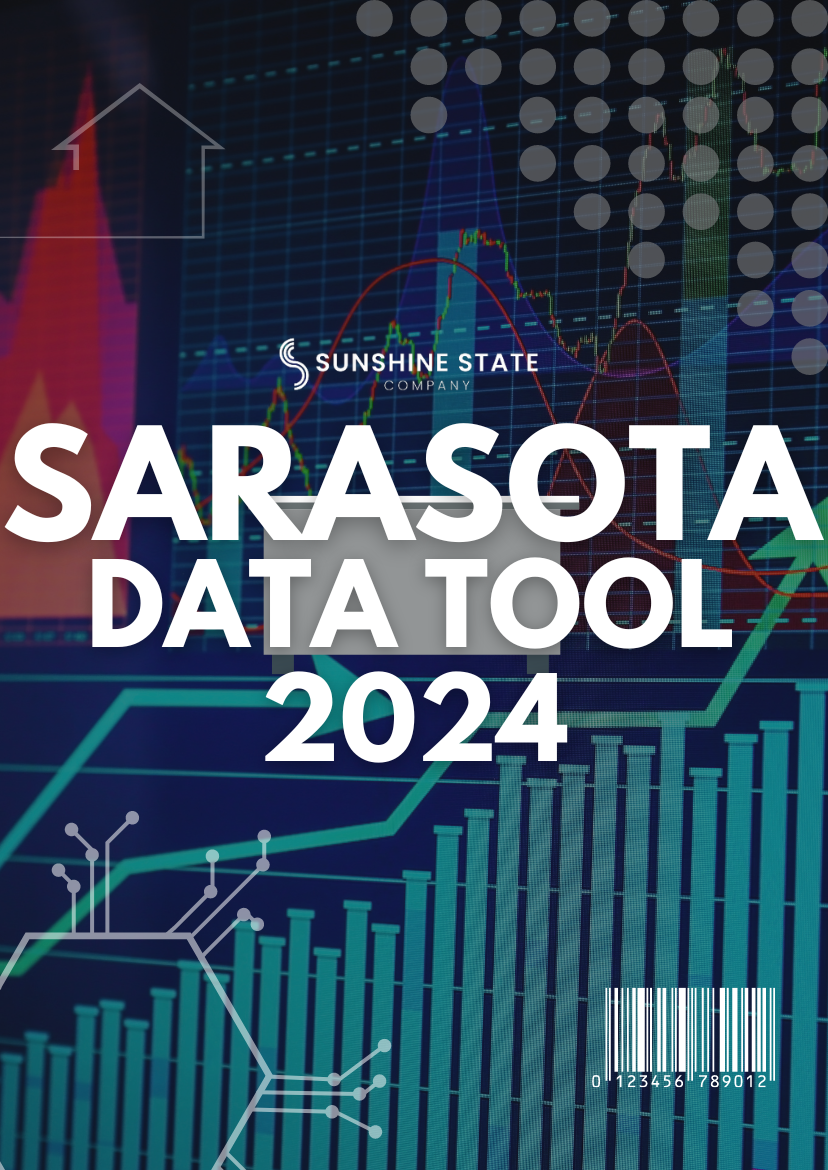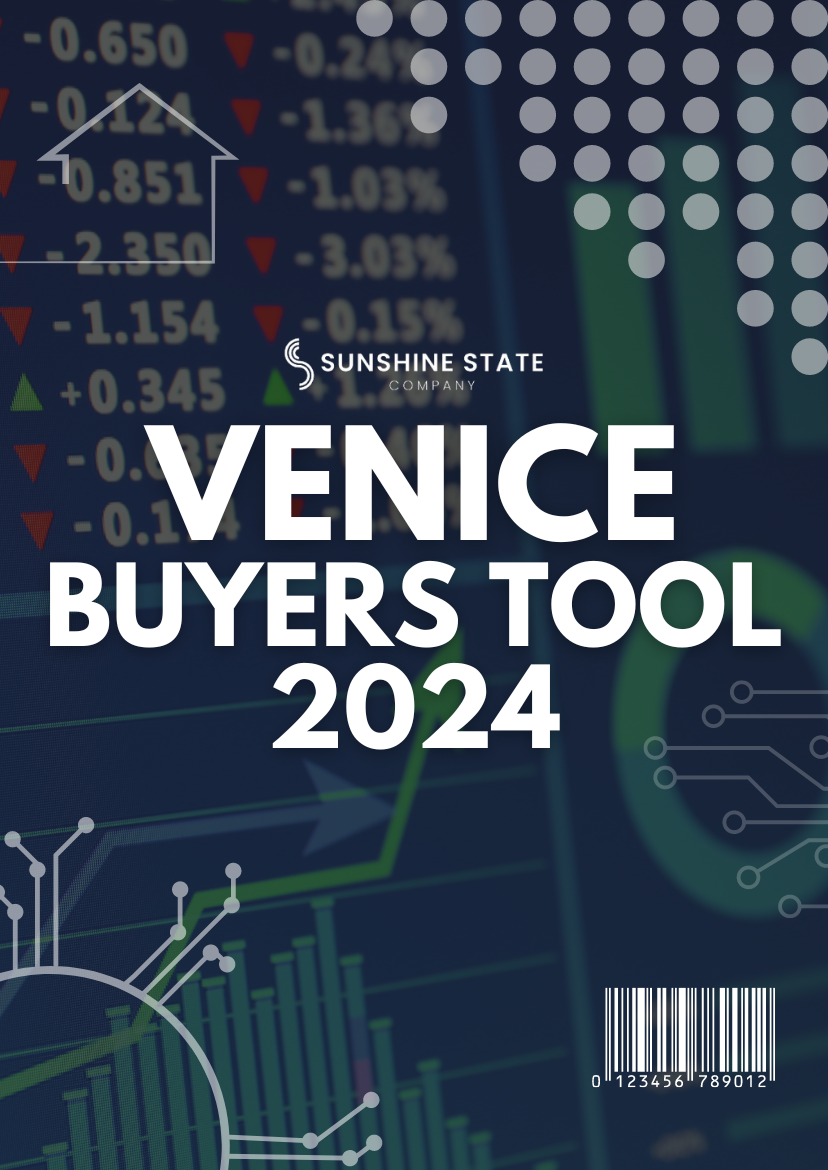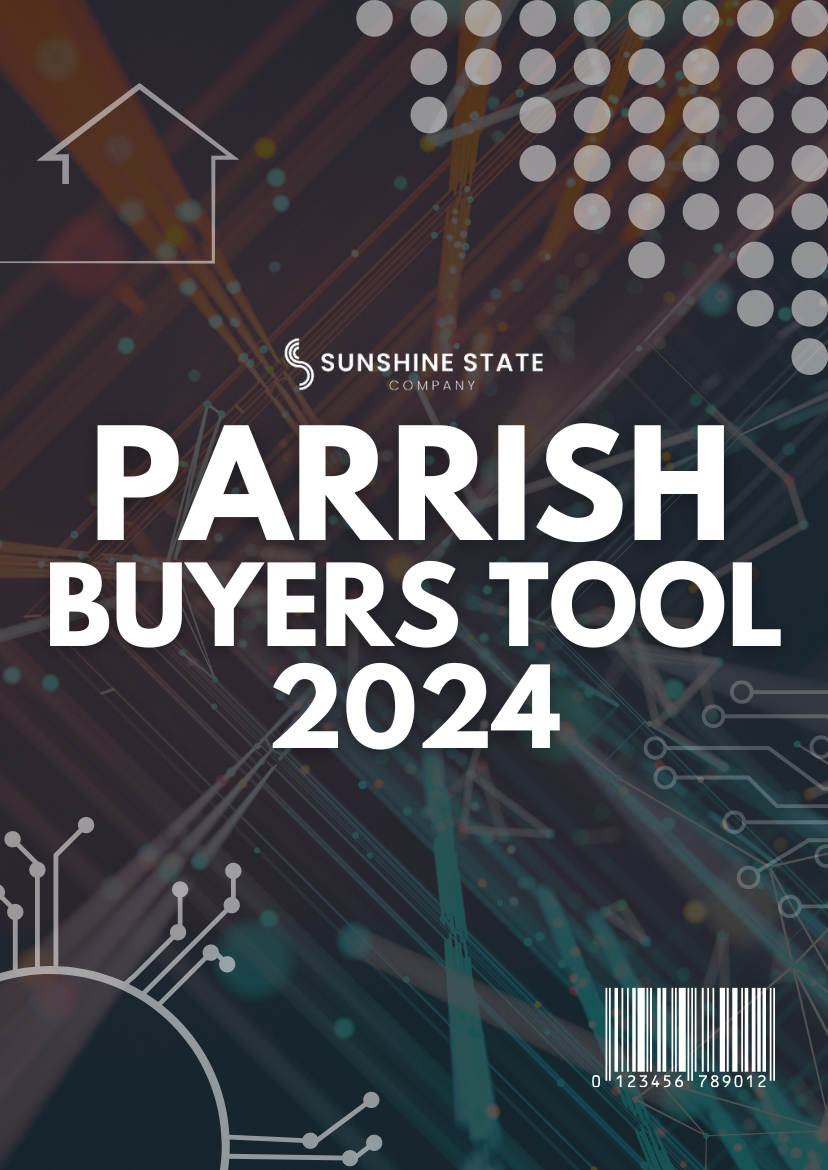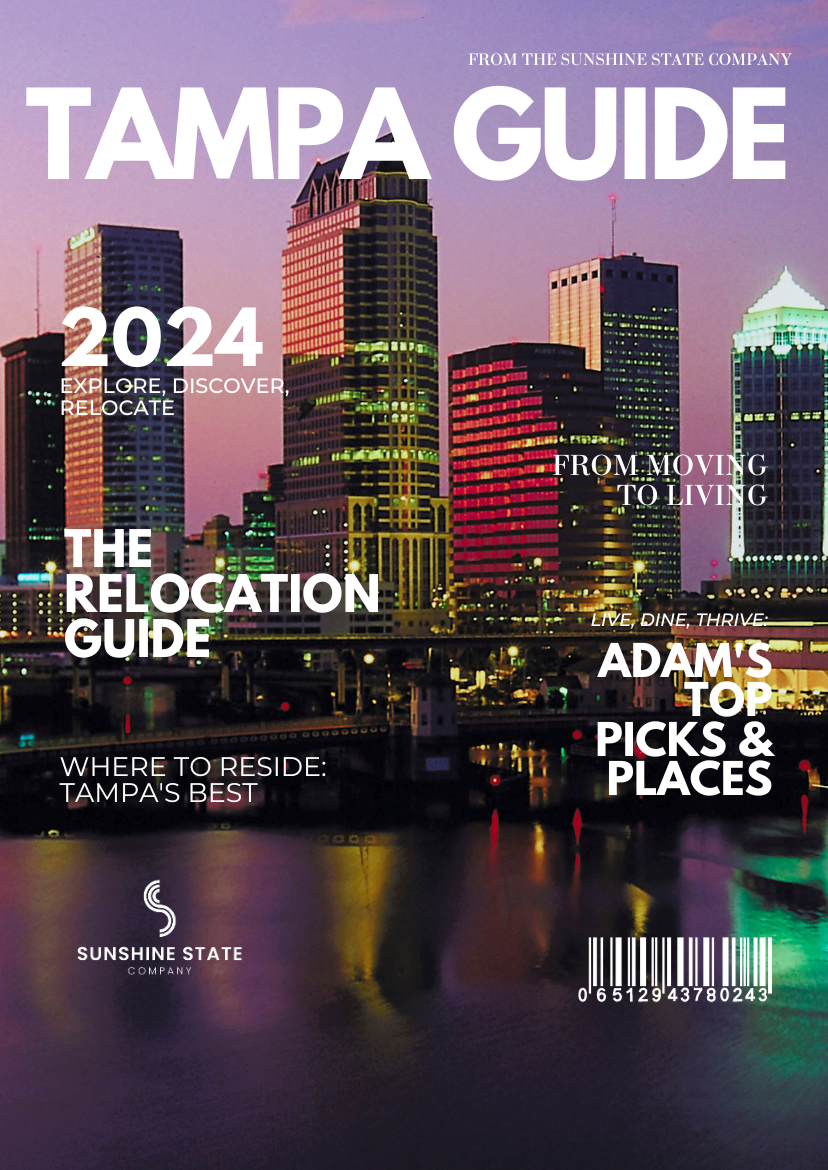US CONSUMER SENTIMENT Misleading Buyer Perception???
Introduction
What Buyers Say vs. What They Actually Do
It’s hard to read the headlines in 2025 and not come away thinking the housing market is falling apart. Between sentiment surveys, economic forecasts, and Google News doom loops, everything seems a little… grim.
But the real story is more layered than that. In certain parts of the country—North Dallas, Tampa Bay, Raleigh, Austin—you’ve still got buyers entering multiple offer situations. So how does that square with all the negativity?
In this post, I’ll break down the five key reasons there’s such a big disconnect between consumer sentiment and actual buyer behavior—and what it means for the market moving forward.
1. Consumer Sentiment ≠ Consumer Behavior
Just because buyers feel nervous doesn’t mean they’re sitting out.
- Surveys say it’s a “bad time to buy.”
- The news is loaded with interest rate fear and home price uncertainty.
- But in many markets, homes are still selling fast.
- Builders are still pouring foundations.
- Buyers are still moving.
That’s because sentiment is emotional, driven by vibes and headlines. But behavior is practical—people move because of life. New jobs, growing families, retirement, affordability. That momentum doesn’t stop just because confidence is low.
In markets like Sarasota, Naples, Boca Raton, those evergreen relocation magnets are still humming along because people aren’t just guessing—they’re making life moves.
2. National Headlines Are Drowning Out Local Realities
One of the most dangerous parts of the 2025 housing narrative is how broad-brush national stories completely ignore local context.
- What does San Francisco’s crash have to do with Boise, Idaho?
- Why should someone buying in Charlotte care about inventory in Chicago?
The national media compresses thousands of diverse housing markets into one scary chart. But real estate has always been hyper-local, and in states like Florida or Texas, local dynamics matter more than ever.
Builders are still putting up homes in dozens of communities across single metros. Infrastructure money is flowing. And job markets in these areas are strong. But none of that shows up in the “national average.”
If you want to win in this market, focus on your actual target area, not the country as a whole.
3. Demographics Matter More Than Emotions
Here’s something that doesn’t get enough attention: demographics are destiny.
Millennials are aging into peak buying years. Gen Z isn’t far behind. These are massive waves of people entering the housing market.
That demand doesn’t disappear because confidence is low. It just adjusts:
- Buyers take longer.
- They educate themselves more.
- They shop around more cautiously.
But they still move.
And for younger buyers, the 2008 crash isn’t even a relevant memory. Their biggest fear might not be a housing bubble—it’s renting for five more years in a place that doesn’t feel like home.
4. New Construction Is Quietly Winning
There’s a reason new construction is thriving even as the resale market softens.
Three reasons, actually:
1. Builders Run Like Businesses
Unlike sellers holding onto dream prices, builders manage entire portfolios. They’ll take a hit on one house to boost another. They can offer:
- Mortgage rate buy-downs
- $80K+ in design incentives
- Title/closing perks
- And they own the supply chain
2. The Experience Is Just Better
Compared to touring resale homes with outdated finishes or awkward remodels, walking into a brand-new model home is often a much better experience—especially for out-of-state buyers.
3. It’s Easier to Manage Logistically
Out-of-state buyers can buy new construction months in advance and line up their Florida relocation with a clean timeline. They don’t have to time two closings or live through the uncertainty of resale inspections.
All of this makes new builds easier to choose and easier to justify in a market where buyers are cautious but not absent.
5. Rent Isn’t Always the Safe Alternative
Let’s end on this: just because people don’t buy doesn’t mean renting is easy.
There are two key problems here:
- People who could buy but hesitate—because they’re waiting on interest rates or worried about signing a build contract.
- People who want to buy but truly can’t, especially first-time buyers priced out by cash requirements or student debt.
But the rental market doesn’t offer a soft landing:
- In markets like Sarasota, rental supply is tight.
- Competition for single-family rentals is fierce.
- Monthly rent can be higher than a mortgage would have been.
So what happens? People pay more for less. They feel stuck—but it’s not because they prefer renting. It’s just where they landed.
And historically, the buyers who stepped in during uncertainty? They’ve often ended up with the strongest long-term gains.
Final Thoughts
The housing market in 2025 isn’t easy to read—but it’s not frozen either. People are still buying. Builders are still building. And in places like Florida, where the fundamentals are strong, the long-term demand still outpaces the fear.
Categories
Free Relocation Guides
The YouTube Channel
Watch The Latest With Adam Hancock
Each week I'll give my view on everything from the best neighborhoods around Southwest Florida and new construction communities.

One of the most unique things about our brokerage is how we view the real estate experience!
When you work with The Sunshine State Co team you get Adam, the broker, & your own dedicated agent. This formula provides clients with a full-time market researcher (aka - the best info possible), read more...
LIke Free stuff?
Florida guides, tools & more!
The absolute SMARTEST way to relocate and/or invest in the entire state of Florida. We create an abundance of original, value-based and economics-first resources to equip our clients for the real estate market ahead. Smarter buyers are more savvy buyers!
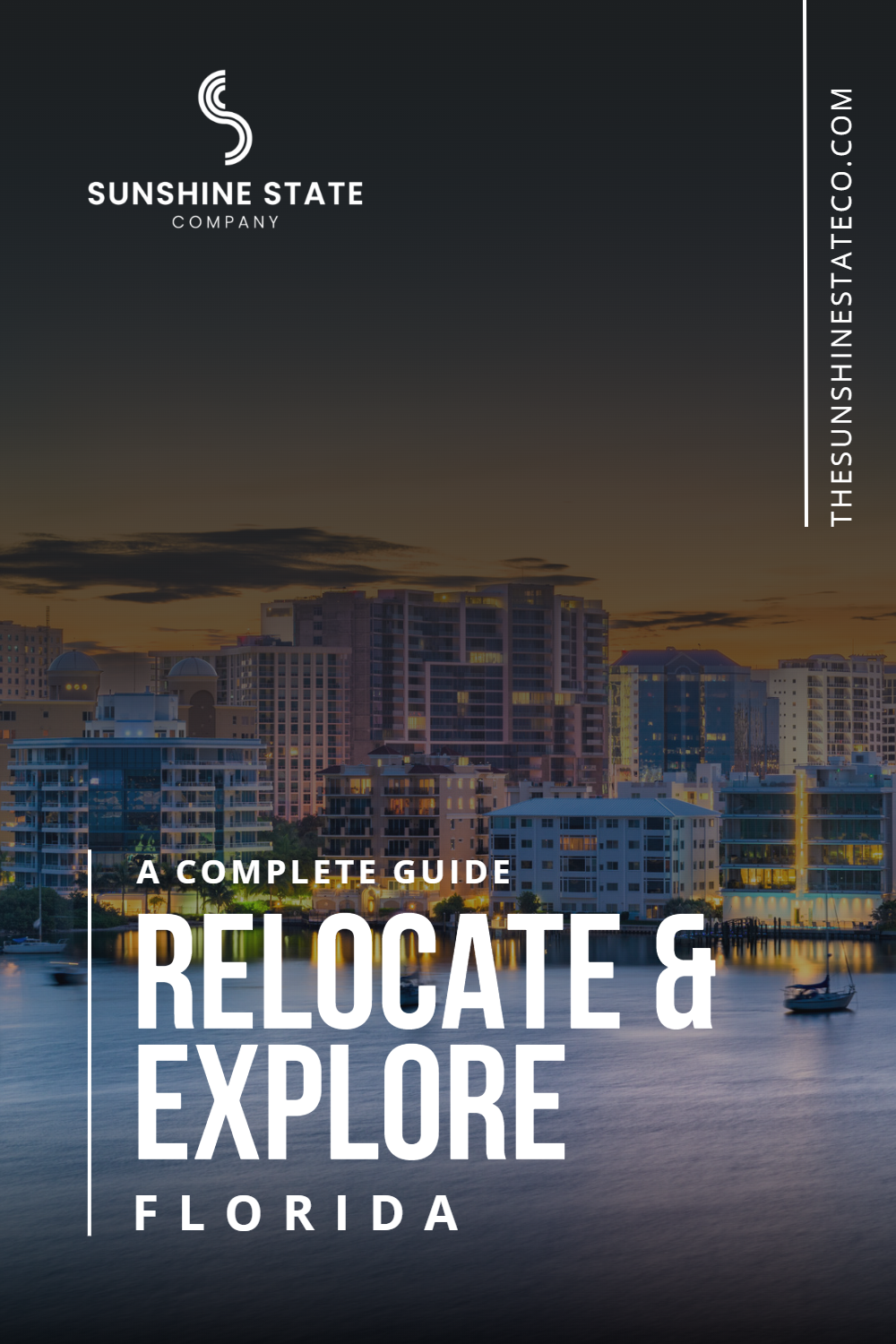
Sunshine State Company
Ready to take the next step?
Let's schedule a meting! During this initial consultation, we'll learn more about your situation and what you're seeking in a home. We'll provide advice and address any concerns you may have, in order to determine the best approach to achieving your goals. By the end of our conversation, we'll have a solid plan of action and next steps for moving forward.
